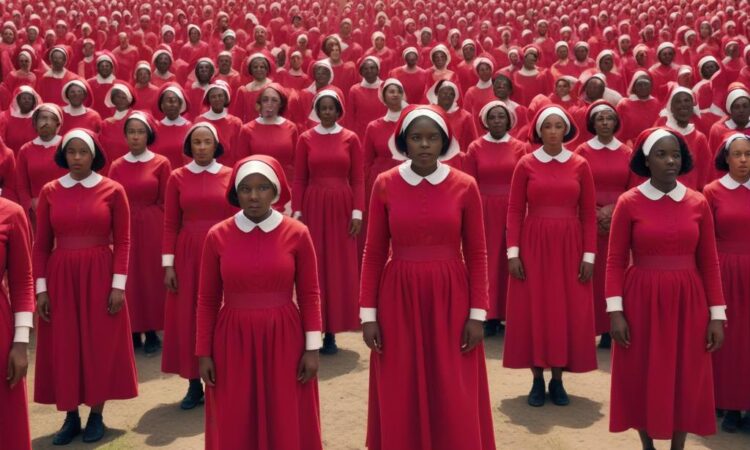The Impact of Film on Social and Political Discourse
This theme explores the power of film to influence public opinion and shape social and political discourse. It examines recent films that have addressed pressing societal issues, analyzing their impact on public awareness and the potential for cinematic storytelling to promote dialogue and change.
The Power of Cinematic Storytelling
Film has long been recognized as a powerful medium for communication, entertainment, and social commentary. Through its ability to evoke emotions, create empathy, and present alternative perspectives, film can engage audiences on a profound level and inspire critical thinking and dialogue.
The impact of film on social and political discourse is undeniable. Films have the power to raise awareness about important issues, challenge established norms, and spark conversations that might otherwise be silenced.
Recent Films Addressing Pressing Societal Issues
In recent years, a wave of films has emerged that tackle contemporary issues with remarkable sensitivity and insight. These films have shed light on a range of social and political challenges, including:
- Racial injustice: Films like \”Get Out\” (2017), \”Black Panther\” (2018), and \”Judas and the Black Messiah\” (2021) have ignited conversations about race and racism in America.
- Gender inequality: \”The Handmaid’s Tale\” (2017) and \”Promising Young Woman\” (2020) have explored the complexities of gender roles and the fight for women’s rights.
- Climate change: Films like \”An Inconvenient Truth\” (2006) and \”The Day After Tomorrow\” (2004) have raised awareness about the urgency of addressing climate change.
- Mental health: \”Silver Linings Playbook\” (2012) and \”Joker\” (2019) have brought attention to the importance of mental health awareness and support.
Analyzing the Impact of Films
To understand the impact of films on social and political discourse, it is crucial to analyze their reception and influence on public awareness, policy decisions, and social movements.
One key aspect to consider is the ability of films to create empathy and understanding. By portraying characters and situations that resonate with audiences, films can help people connect with different perspectives and challenge their own biases.
Furthermore, films can act as catalysts for social change. They can inspire activism, raise awareness about injustices, and motivate individuals to take action to address important issues.
The Potential for Cinematic Storytelling to Promote Dialogue and Change
The power of film to influence public opinion and shape discourse is undeniable. However, it is essential to recognize the responsibility that filmmakers have to present nuanced and accurate portrayals of complex issues.
Cinematic storytelling has the potential to foster dialogue and promote understanding, but it also requires careful consideration and ethical responsibility. Films that engage in sensationalism, stereotypes, or simplistic narratives can perpetuate harmful biases and hinder constructive dialogue.
Conclusion
The impact of film on social and political discourse is multifaceted and profound. Filmmakers have the opportunity to use their platform to raise awareness, challenge norms, and inspire change.
As we continue to grapple with the complex issues of our time, films will undoubtedly play a crucial role in shaping our understanding of the world and motivating us to work towards a more just and equitable society.

